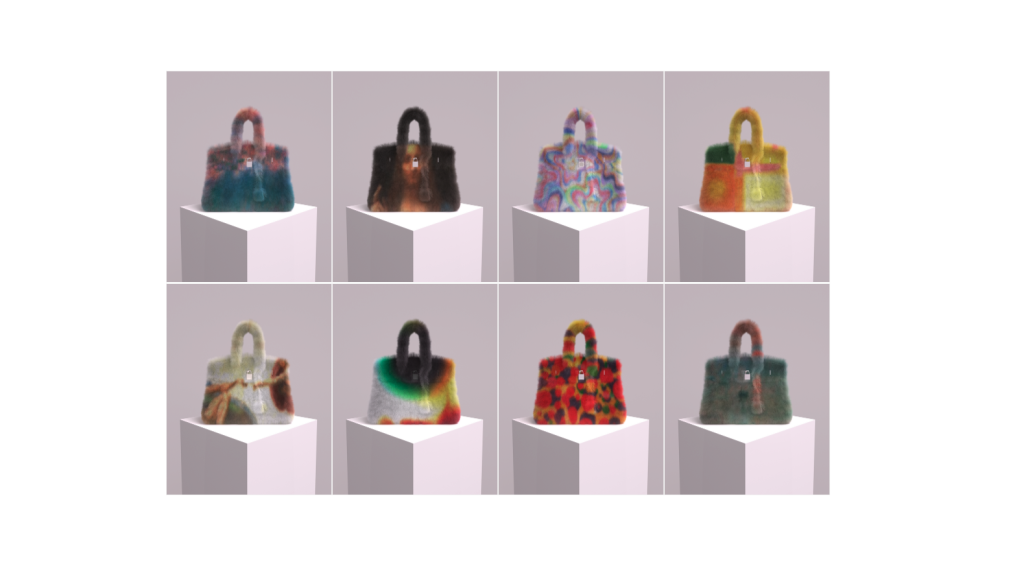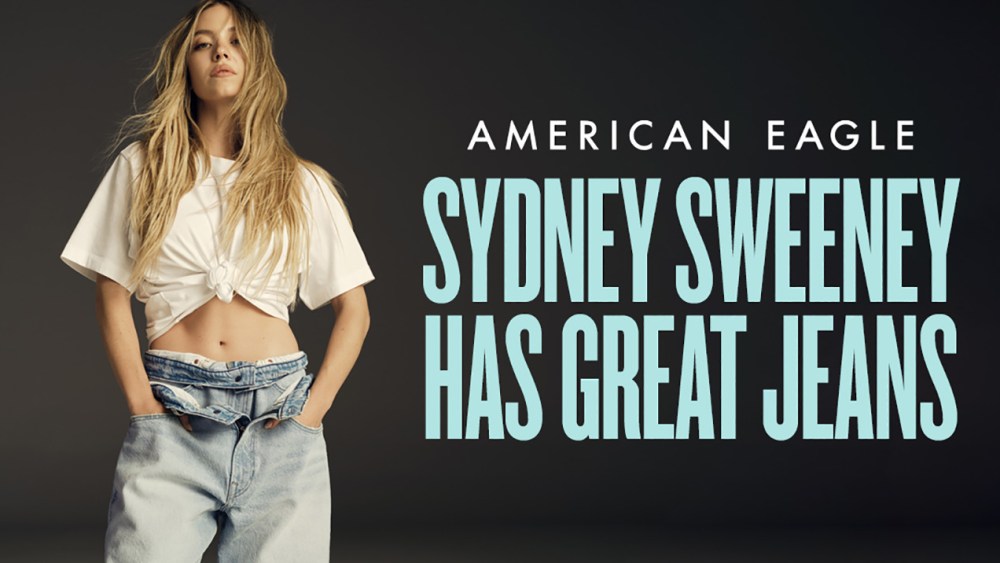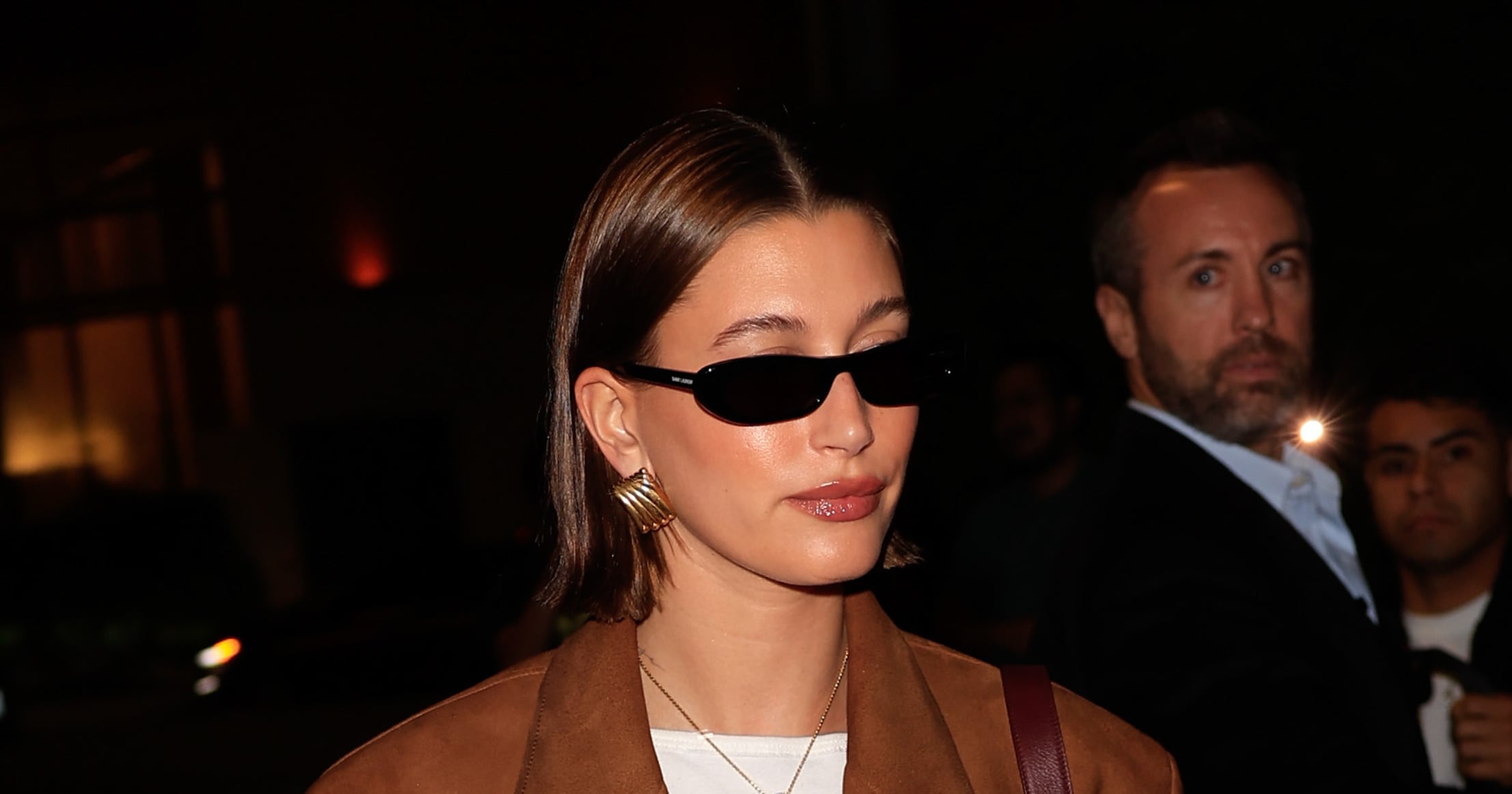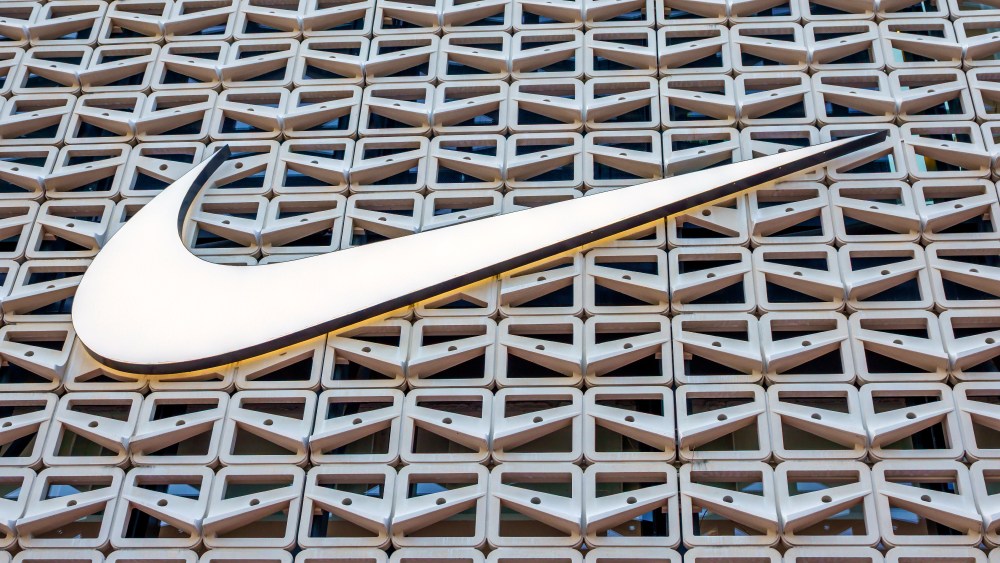Reversing course on a decision that was made in March, a U.S. district judge in the Southern District of New York has ruled that the MetaBirkins NFTs can be displayed in a museum exhibition in Stockholm this fall.
Tuesday’s decision by Justice Jed Rakoff is the latest tangle in court between Hermès International and the artist “Mason Rothschild.” Last year Hermes won its trademark infringement case against the artist, whose given name is Sonny Estival, for his “MetaBirkins” NFTs that are colorful faux-fur Birkin bag-inspired non-fungible tokens.
The French luxury house took him to court for creating and selling 100 MetaBirkins in November 2021. Hermes successfully contended the NFTs confused consumers, diluted the brand and impacted its in-the-works plans for NFTs. In their defense, Rothschild and his legal team had insisted that the two-dimensional digital tokens were a commentary on fashion’s fur-free initiative, an experiment in replicating the luxury handbag’s perceived value and an act of artistic expression that is protected under the First Amendment.
Following last year’s unanimous decision by a nine-person jury, Rakoff issued a permanent injunction against Mason Rothschild from further infringing on Hermès’ trademarks. In March, the U.S. District Court judge barred the artist from showing the digital tokens in an upcoming exhibition at the Spiritmuseum in Stockholm. That decision was based on “the absence of assurances that such use would not lead to further confusion as to whether Estivel’s NFTs were sponsored or approved” by Hermes, according to the court order.
On Wednesday, Rakoff allowed for the MetaBirkins to be featured in the Stockholm exhibition, provided the artist and the museum agree to prominently disclose to museum visitors that a jury unanimously found that Estival had intentionally designed his NFTs to confuse the public into believing that they were in some way sponsored by Hermes.
It was not immediately known if the artist, whose first child is due in the next few weeks, will travel to Stockholm for the exhibition’s opening. The date for oral argument for his appeal in the Second Circuit court has not been set yet, according to an attorney for the artist, Rhett Millsaps II of Lex Lumina.
An attorney for Hermes, Gerald Ferguson of Baker Law, did not acknowledge a media request Wednesday, nor had two Hermes executives Wednesday.
Located in Stockholm on Djurgården island, the Spritmuseum bills itself as being “dedicated to Swedish drinking culture” and as “the permanent home to the internationally renowned Absolut Art Collection.” The museum bills itself as offering pop-cultural, culinary and tasting experiences.
During the evidentiary hearing in March, the Spritmuseum’s Mia Sundberg, who is curator of the Absolut Art Collection, testified that a disclaimer would be included in the show. In a declaration filed with the court in late April, she said the museum would prominently display wall text that read, “A jury in New York unanimously found that Mr. Rothschild had intentionally designed his NFTs to confuse the public into believing that they were in some way sponsored by Hermes, when in fact they were not.”
Sundberg did not respond immediately to a request for comment Wednesday.
However, she indicated that the Spritmuseum would still like to feature Rothschild’s “MetaBirkins” on a computer screen, as part of the Blake Gopnik-curated exhibition “Andy Warhol: A Portrait of Commerce,” when it bows in October. Sundberg had told WWD in mid-March, “We do not wish to cause further legal difficulties for Mason Rothschild. However, I am not sure if the American judge or indeed Mason Rothschild himself can forbid us to place a computer in an exhibition in Stockholm and show the images on the net, where they already exist for everyone to see.”
This is not the only Birkin-related legal dispute that Hermes is facing. Two California residents, Tina Cavalleri and Mark Glinoga, have filed an antitrust lawsuit and unfair business practices against the luxury house for allegedly tying the purchase of its popular Birkin bags to the purchase of Hermes luxury clothing and accessories. At Hermes’ annual shareholding meeting, executive chairman Axel Dumas reportedly said, “Obviously, we strictly respect antitrust laws wherever we operate, and we will vigorously defend ourselves in this case.”
Named for the actress and musician Jane Birkin, the Birkin was first introduced in 1984 after she had suggested the need for such an oversize luxury handbag to an Hermès executive on an international flight. Last year’s MetaBirkins trial offered a window into the luxury business, including that Hermès sells more than $100 million in Birkin bags each year, and had done so for the past decade.



